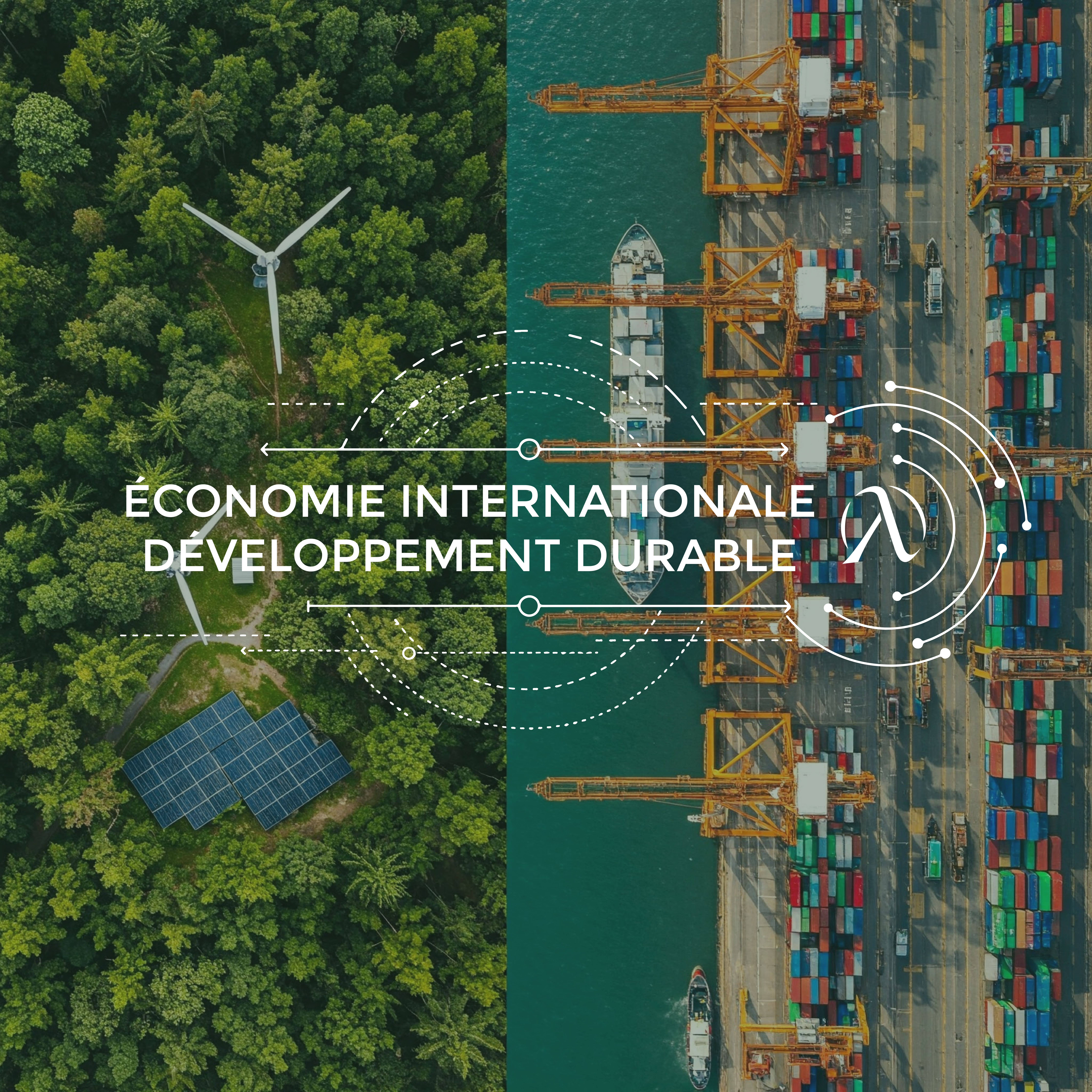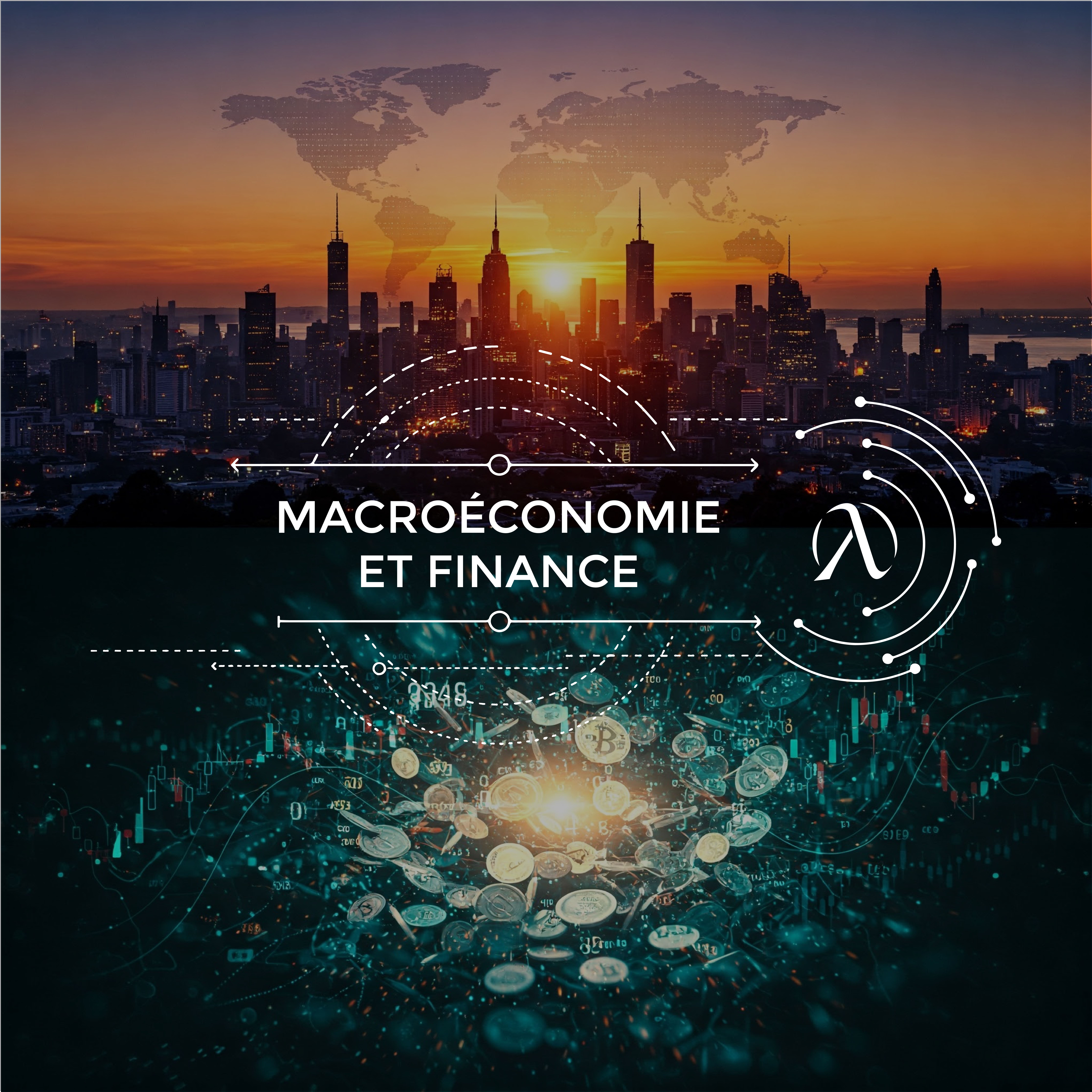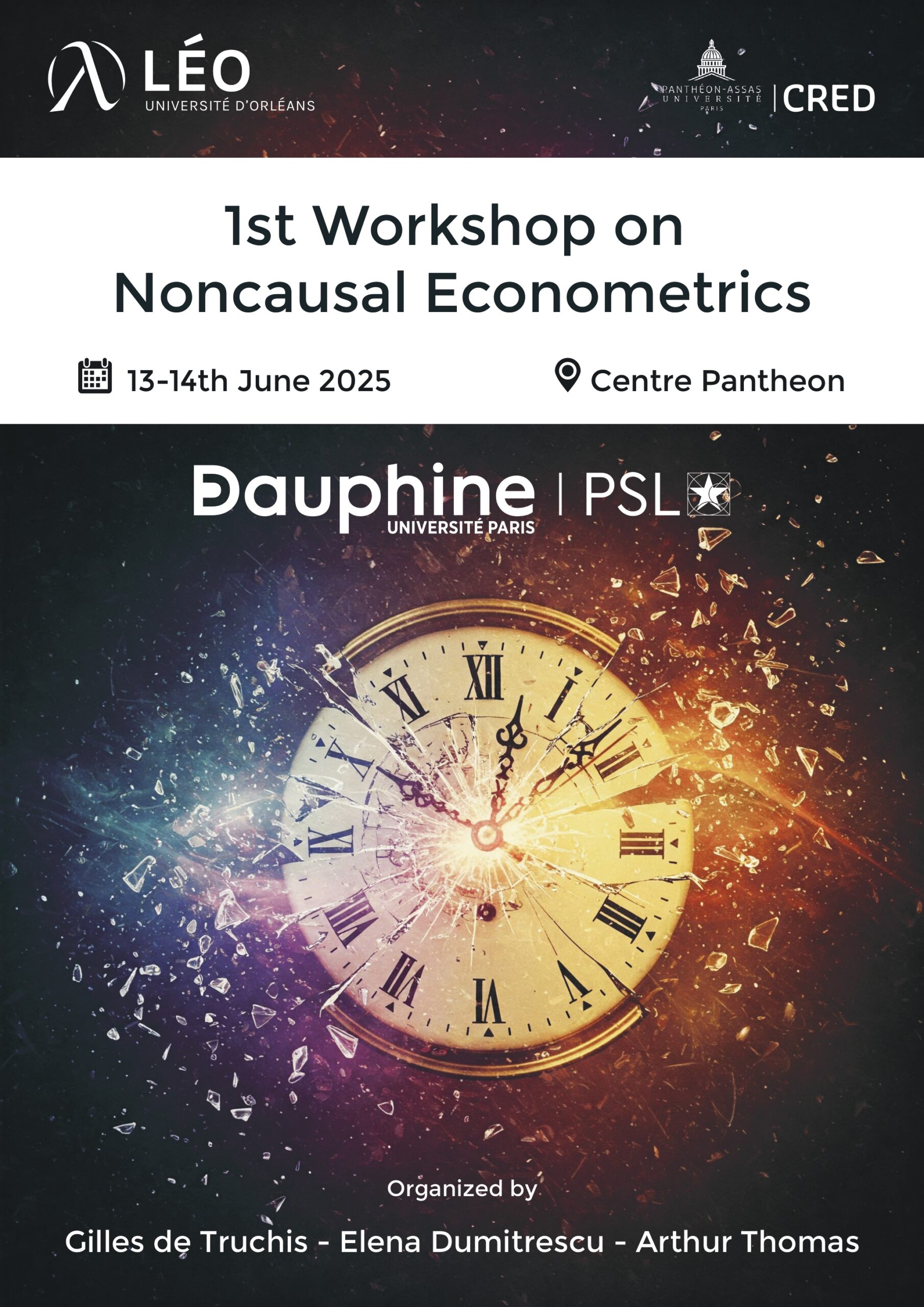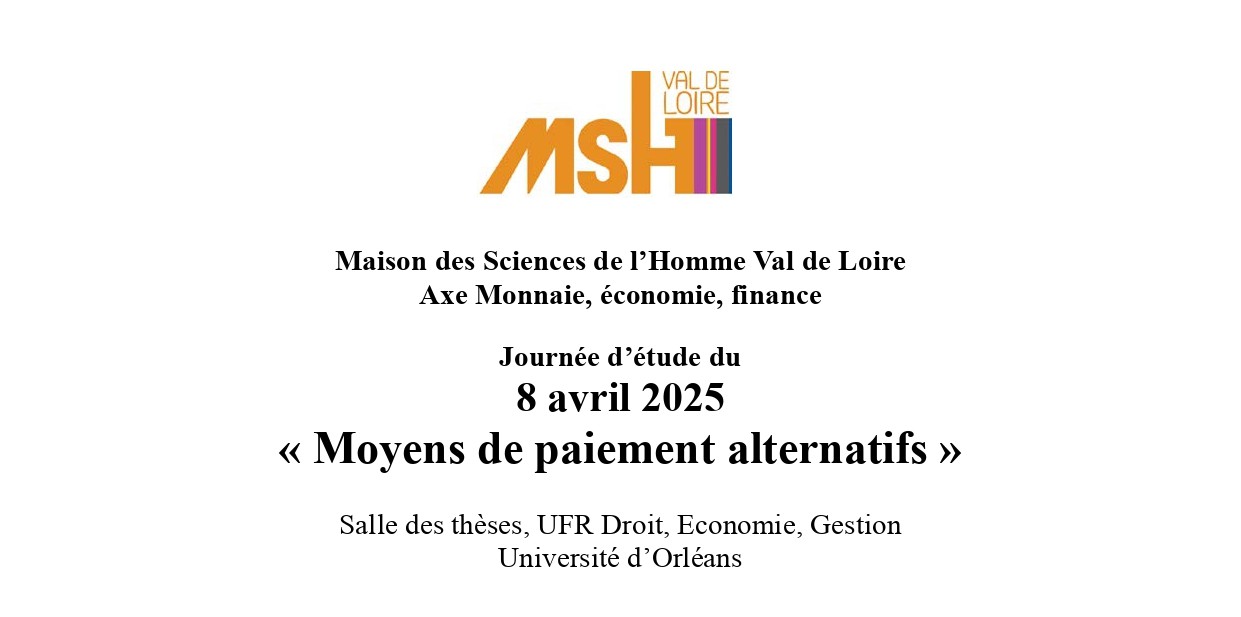Droughts and Agricultural Land Concentration in France
Date : Jeudi | 2025-03-27 à 12h30
Lieu : Salle des thèses
Lien TEAMS : Cliquez ici pour rejoindre le séminaire du LÉO
Raja CHAKIR (University of Paris-Saclay
This paper investigates the impact of recurrent droughts on farm size and land concentration in France over both the short and long run. While much of the existing literature on climate shocks and landholding patterns focuses on developing countries—where extreme weather often drives cropland expansion as an adaptive response—evidence from developed economies remains limited. Using two detailed panel datasets—an annual panel from 2015 to 2022 and a decadal panel from 1970 to 2020—covering 716 small agricultural regions and econometric panel models, we analyze structural shifts in landholding patterns. We examine multiple land concentration metrics, including average and median farm size, the Gini index, and the Herfindahl-Hirschman Index (HHI). To measure drought exposure, we employ both absolute (Soil Wetness Index, SWI) and relative (z-score) measures of soil moisture, capturing variation in drought frequency and intensity over different time horizons (one to ten years). Our findings indicate that an additional month of severe drought increases average and median farm size in both the short and long run. Unlike studies in developing contexts, where droughts often lead to land expansion, we find that in France, droughts accelerate farm concentration. We conduct additional analyses to explore the mechanisms driving our results and find that droughts accelerate land concentration by lowering land prices, enabling larger farms to expand, while simultaneously forcing smaller farmers to exit the sector, reducing the overall number of farmers, and contributing to a decline in total agricultural land. These findings underscore the structural consequences of climatic shocks in developed economies and provide crucial insights for designing climate-resilient agricultural policies to mitigate land inequality and excessive farm consolidation.









